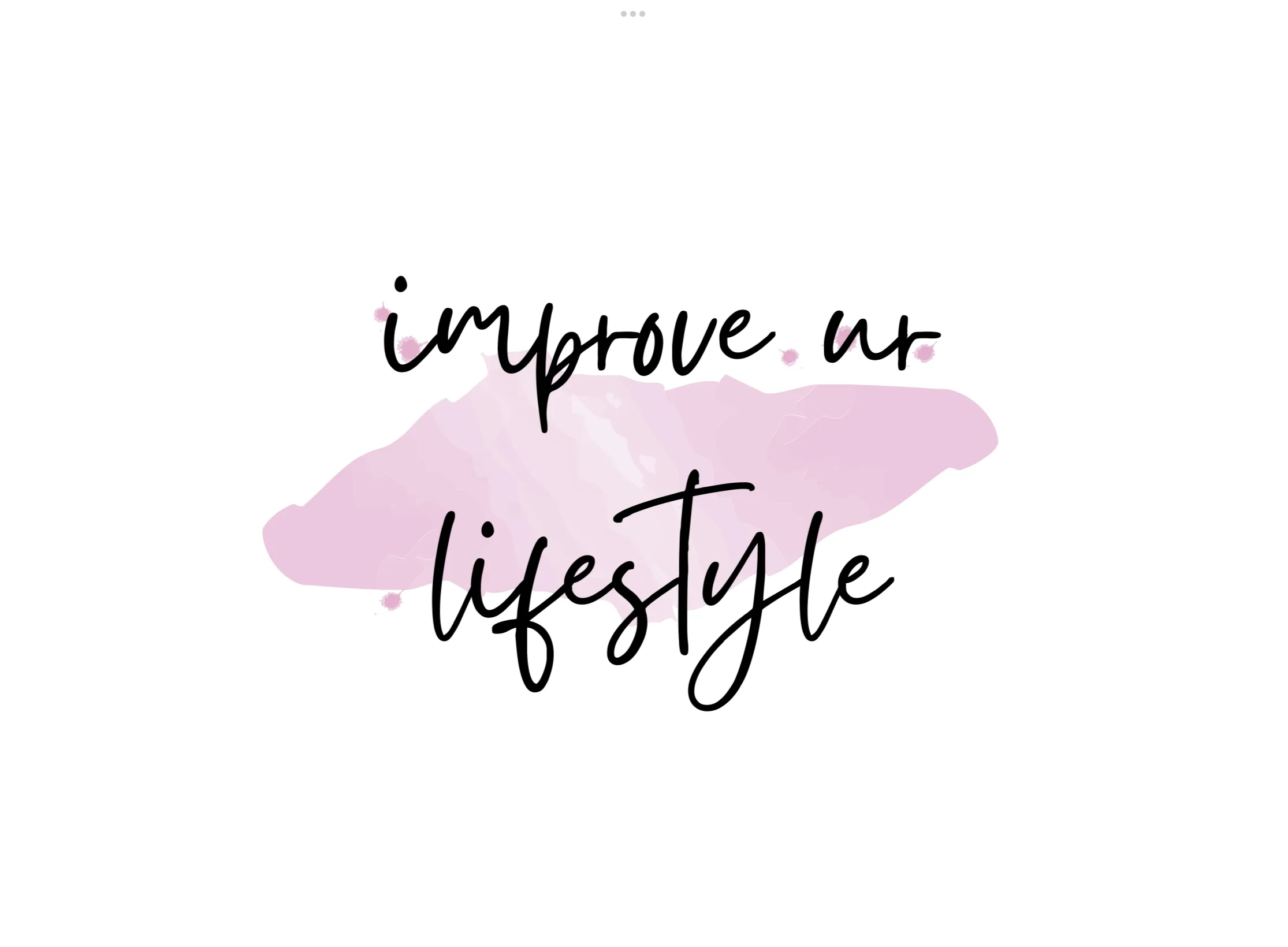🧠 Background Context
In today’s fast-paced, hyper-connected world, we are bombarded with requests—from colleagues, friends, family, and even strangers. Many of us say “yes” out of fear, guilt, or a desire to avoid conflict. But each unnecessary yes is a silent no to your own priorities.
Learning to say “no” gracefully and guilt-free is not just a skill; it’s a form of self-respect.
🧍♀️ Why Is It So Hard to Say No?
We often struggle with saying no due to:
- Fear of disappointing others
- Desire to be liked
- Guilt from setting boundaries
- Cultural or familial expectations
- FOMO (Fear of Missing Out)
These psychological pressures lead us to overcommit, burn out, and lose control over our own time.
✅ Benefits of Saying No
Saying “no” is not selfish—it’s strategic and empowering. Here’s what happens when you do it right:
- 🧘♀️ Improved mental health and reduced stress
- 💼 Increased focus on personal and professional goals
- ⏳ More time for what truly matters
- 🔄 Better, healthier relationships based on honesty and respect
- 🧭 Clearer priorities and stronger sense of self
💬 How to Say No Without Guilt – Step-by-Step
1. Know Your Priorities
Before you can say no, you need clarity on what you’re saying yes to.
Ask yourself:
“Does this request align with my goals, values, or bandwidth?”
If not, it’s a no.
2. Use Empathy, Not Excuses
You don’t need a long justification. A respectful “no” can still be kind.
Example:
“I appreciate you thinking of me, but I won’t be able to commit right now.”
3. Offer Alternatives (Only If You Want)
If you want to be helpful, but can’t take on the full task:
“I can’t join the project, but I’d be happy to review your outline.”
Only offer this if it won’t drain you.
4. Set Boundaries Ahead of Time
Train others to understand your limits.
Use statements like:
- “I don’t work on weekends.”
- “I avoid last-minute meetings.”
Consistency reinforces your boundary over time.
5. Practice Assertive Body Language and Tone
Say no clearly, calmly, and with a smile if needed.
Avoid defensive tone or over-apologizing.
“I’m not available for that” is stronger than “I’m really sorry, I just can’t… unless you really need me.”
🚫 Phrases That Help You Say No Confidently
Here are 5 polite but firm ways to say no:
- “I’m honored you asked, but I can’t commit right now.”
- “Thanks for thinking of me, but I’ll have to pass.”
- “I’d rather not take on anything new at the moment.”
- “This isn’t something I can help with right now.”
- “I have other commitments that take priority.”
⚠️ What Happens If You Never Say No
- Chronic overwhelm
- Emotional exhaustion
- Resentment toward others
- Loss of self-identity
- Missed personal growth opportunities
Remember: Your energy is your currency. Spend it wisely.
🌱 The Power of a Respectful No
A well-placed “no” is a gateway to authenticity, peace of mind, and sustainable productivity. By learning to say no without guilt, you’re not shutting people out—you’re making space for deeper connections and more meaningful work.
